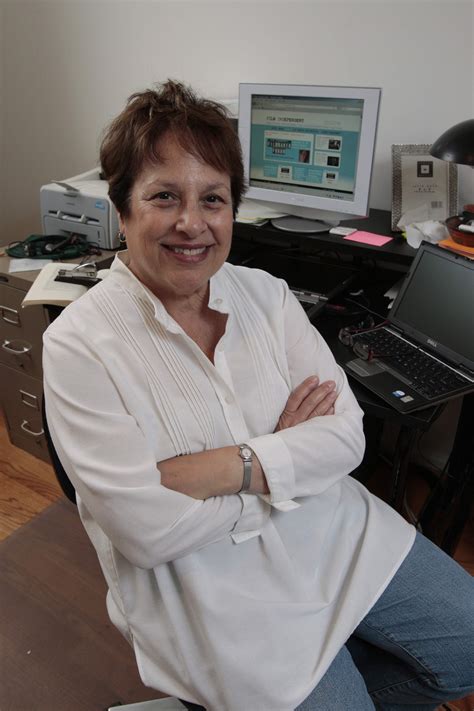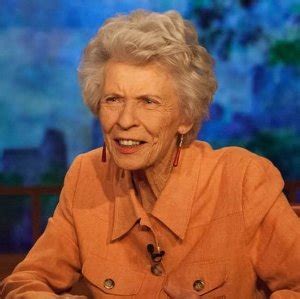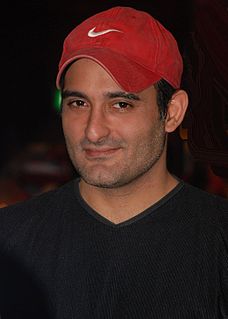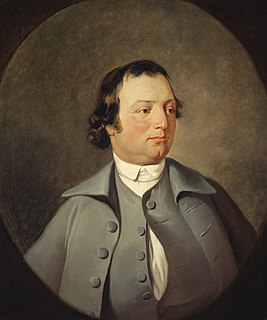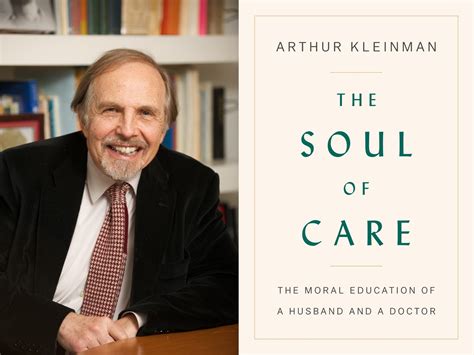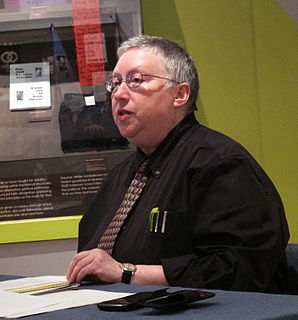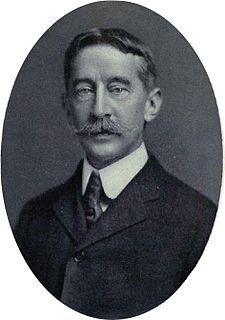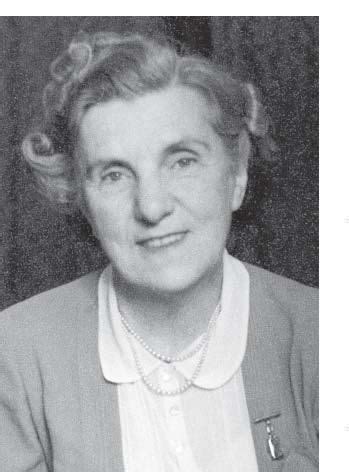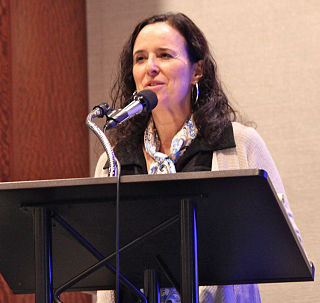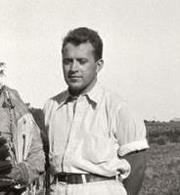A Quote by Sherry Ortner
The Restless Anthropologist is a rich, powerful, and compulsively readable collection of essays by anthropologists who look back at the multiple relationships between their serial fieldwork experiences and their lives. Illustrating the dense interweaving of the personal and the professional that is the hallmark of anthropology as a vocation, these essays are at once affectively deep reflections, and clear-eyed assessments, of lives often lived 'between here and there.' Alma Gottlieb's idea to stimulate these articles and bring together this collection was inspired.
Related Quotes
Pamela Smith and Benjamin Schmidt have gathered together a wide-ranging and provocative set of original essays that successfully demonstrate how contingent the process of making knowledge was during a period of fundamental epistemological change. This is a finely crafted and conceptualized collection.
We need quantitative assessments of the success of education. We need certification and qualifications both for teachers and for pupils. It is not a choice between quantity and quality, between access and excellence. Both of these will happen together if people really do believe in the importance of education to change lives.
Time that is moved by little fidget wheels Is not myTime, the flood that does not flow. Between the double and the single bell Of a ship's hour, between a round of bells From the dark warship riding there below, I have lived many lives, and this one life Of Joe, long dead, who lives between five bells.
Michael Jackson is an extremely productive ethnographer, a serious reader of phenomenological and existential philosophy, and a remarkable writer at a level that one rarely sees in anthropology. Lifeworlds, unsurprisingly, is no exception. The several essays included here fit into an impressive whole that set out a compelling case for a type of ethnography of which Jackson is one of the masters. The writing is strong and the critical reflections impressive. This book defines an approach to anthropology that is resonant enough to challenge the leading models of our time.
